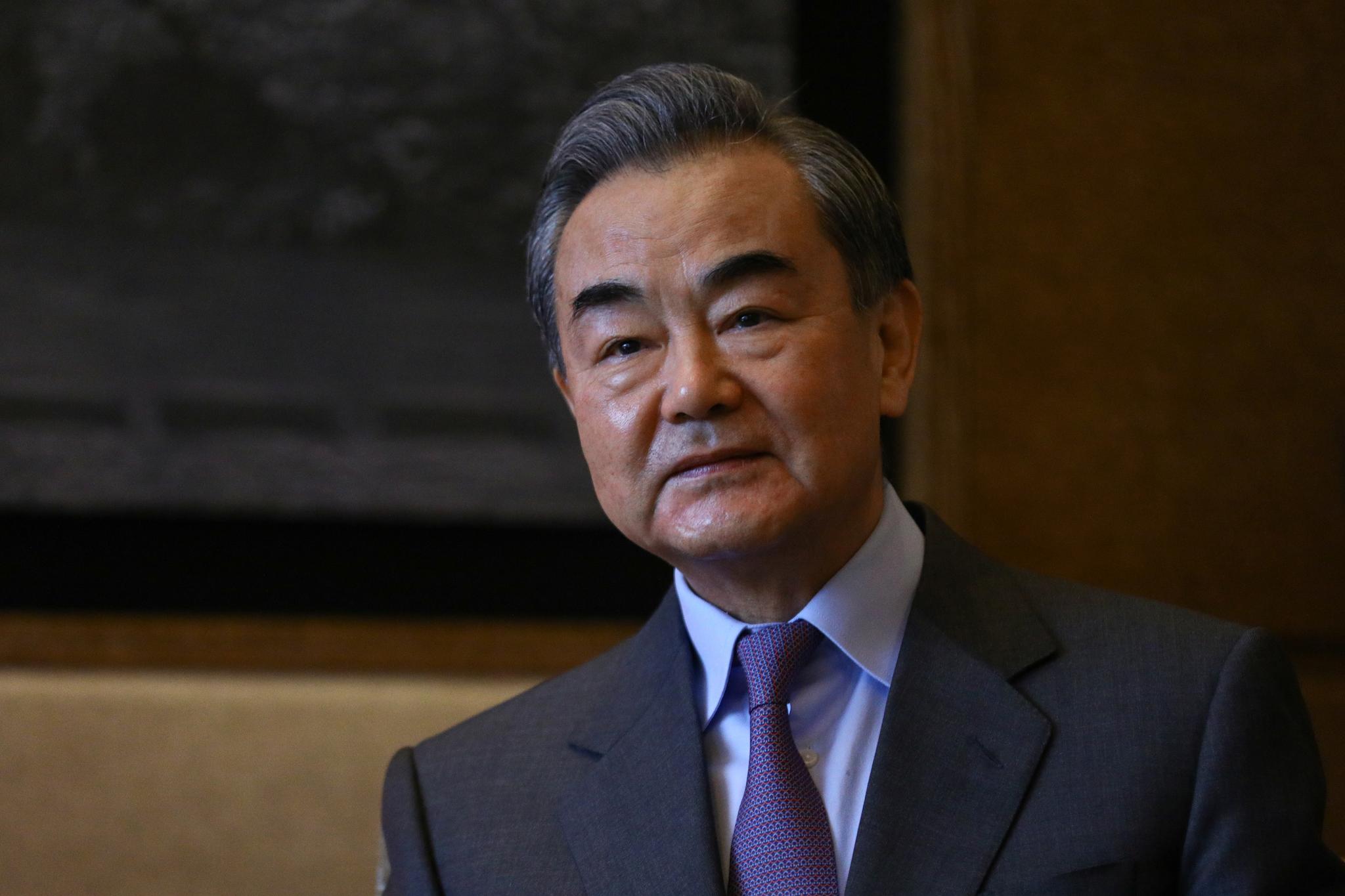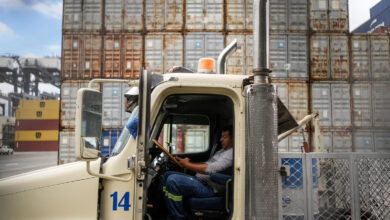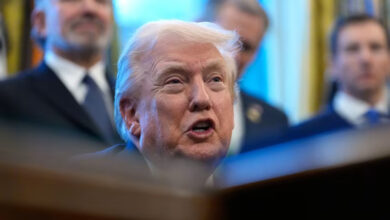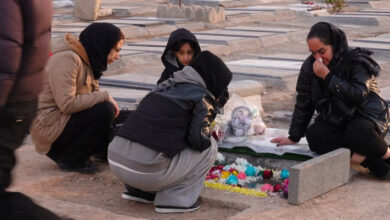
DUBAI (Reuters) – Foreign ministers from China and Iran, which are both subject to U.S. sanctions, signed a landmark 25-year cooperation agreement on Saturday.
“Relations between the two countries have now reached the level of strategic partnership and China seeks to comprehensively improve relations with Iran,” China’s Foreign Minister Wang Yi was quoted by Iran’s state media as telling his Iranian counterpart Mohammad Javad Zarif.
“Our relations with Iran will not be affected by the current situation, but will be permanent and strategic,” Wang said ahead of the televised signing ceremony.
“Iran decides independently on its relations with other countries and is not like some countries that change their position with one phone call,” he said.
Wang met President Hassan Rouhani ahead of the signing of the agreement in Tehran, which is expected to include Chinese investments in key sectors such as energy and infrastructure.
Rouhani voiced appreciation for Beijing’s support within Tehran’s 2015 nuclear deal with world powers and called for more coronavirus vaccine exports to Iran, the worst-hit country by the pandemic in the Middle East.
“Cooperation between the two countries is very important for the implementation of the nuclear accord and the fulfilment of obligations by European countries,” Rouhani said, according to his official website.
“Regarding the coronavirus vaccine, it is necessary to increase cooperation between the two countries, and we want more vaccines from China to be provided.”
U.S. President Joe Biden has sought to revive talks with Iran on the nuclear deal abandoned by former President Donald Trump in 2018, although harsh economic measures remain in place which Tehran wants removed before any negotiations resume.
“Under the new administration, the Americans want to reconsider their policy and return to the nuclear accord, and China welcomes their move,” Wang said. “We will provide more coronavirus vaccines to Iran and Iran is our priority for the vaccines.”
Iranian foreign ministry spokesman Saeed Khatibzadeh said the agreement was a “roadmap” for trade, economic and transportation cooperation, with a “special focus on the private sectors of the two sides”.
China, Iran’s largest trading partner and a long-standing ally, agreed in 2016 to boost bilateral trade by more than 10 times to $600 billion over a decade.
Its commerce ministry said on Thursday that Beijing will try to safeguard the 2015 Iran nuclear deal and defend the legitimate interests of Sino-Iranian relations.
The United States and the other Western powers party to the deal are at odds with Tehran over which side should first return to the accord, which was abandoned by former U.S. President Donald Trump in 2018.
Reporting by Dubai newsroom; Editing by Mike Harrison




